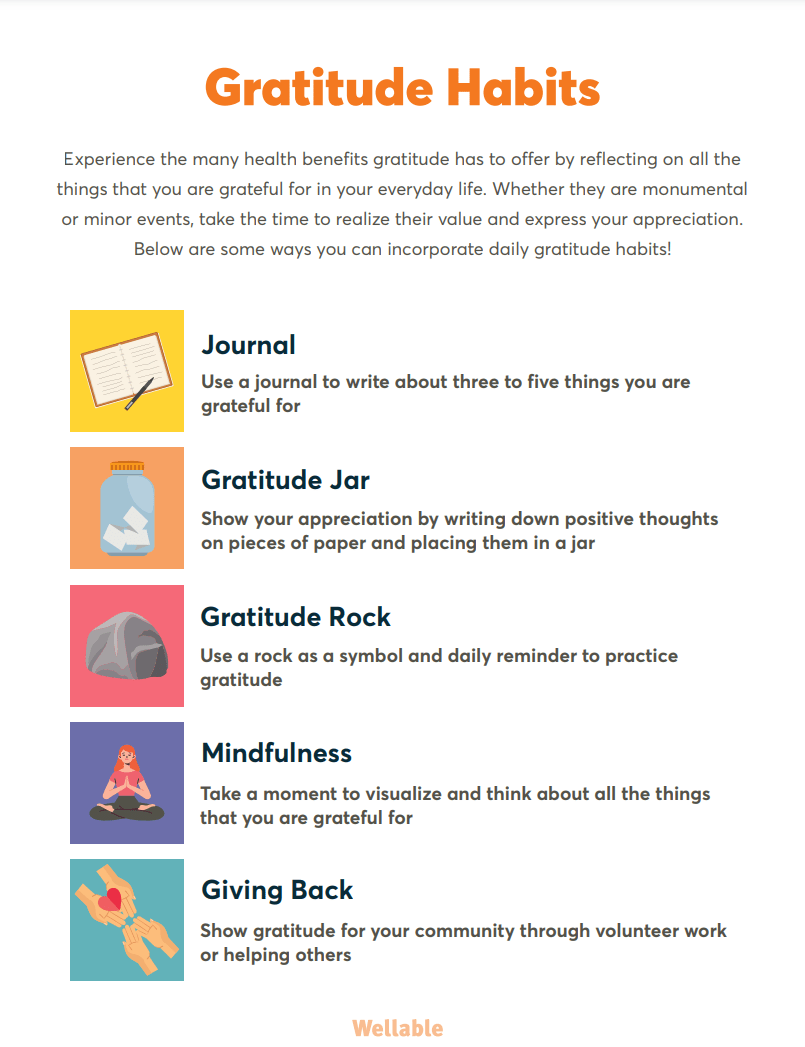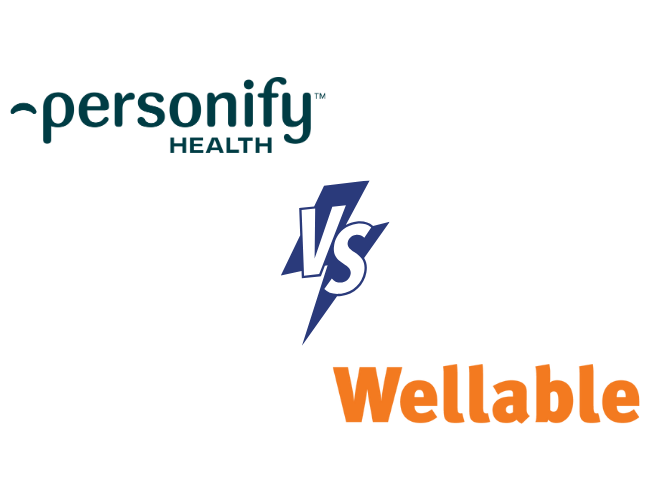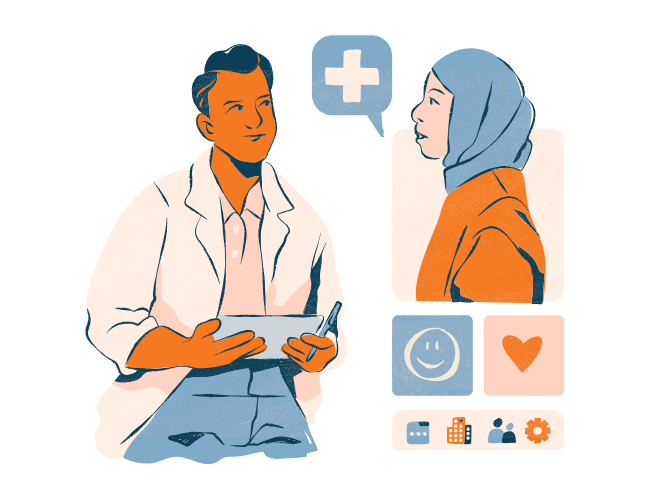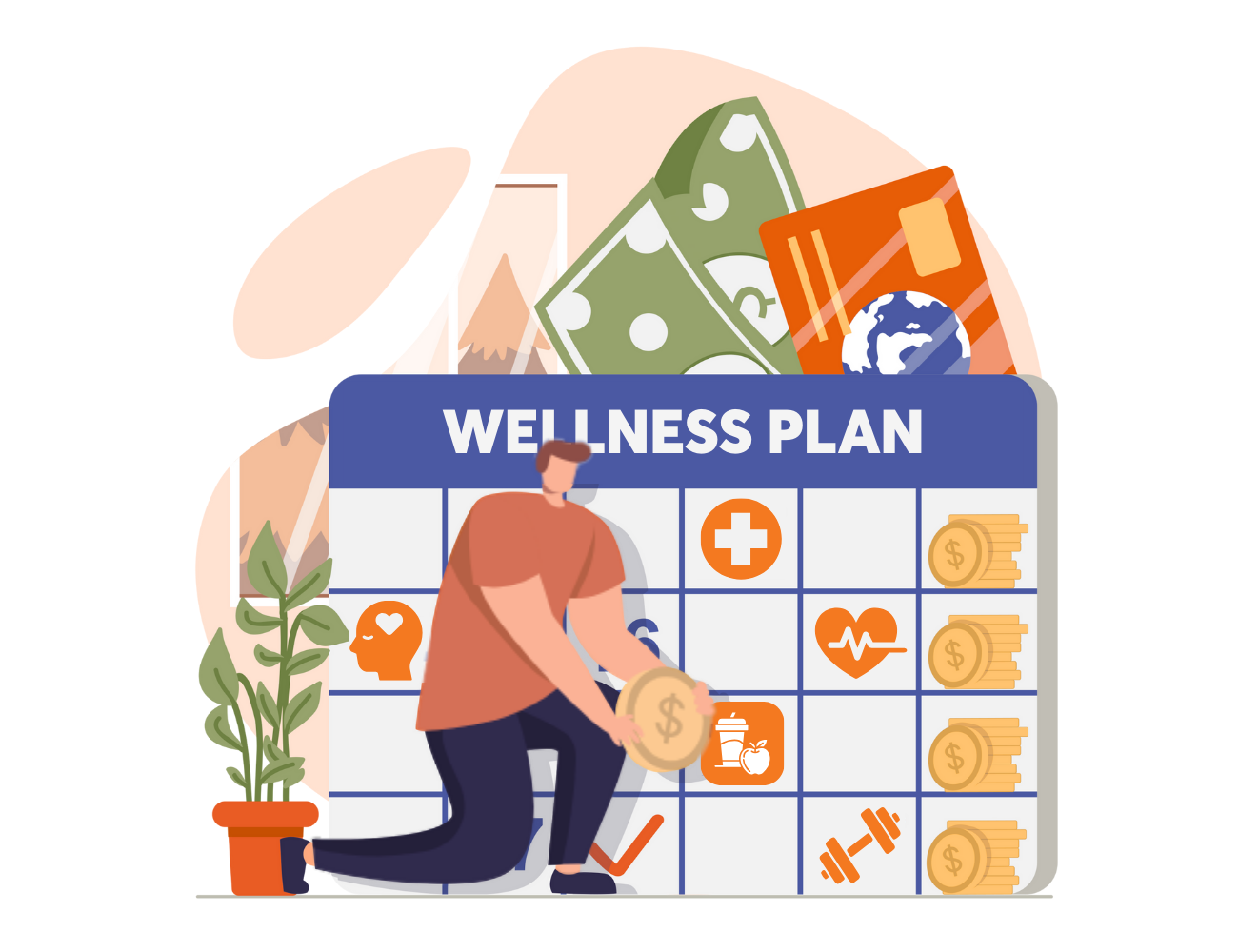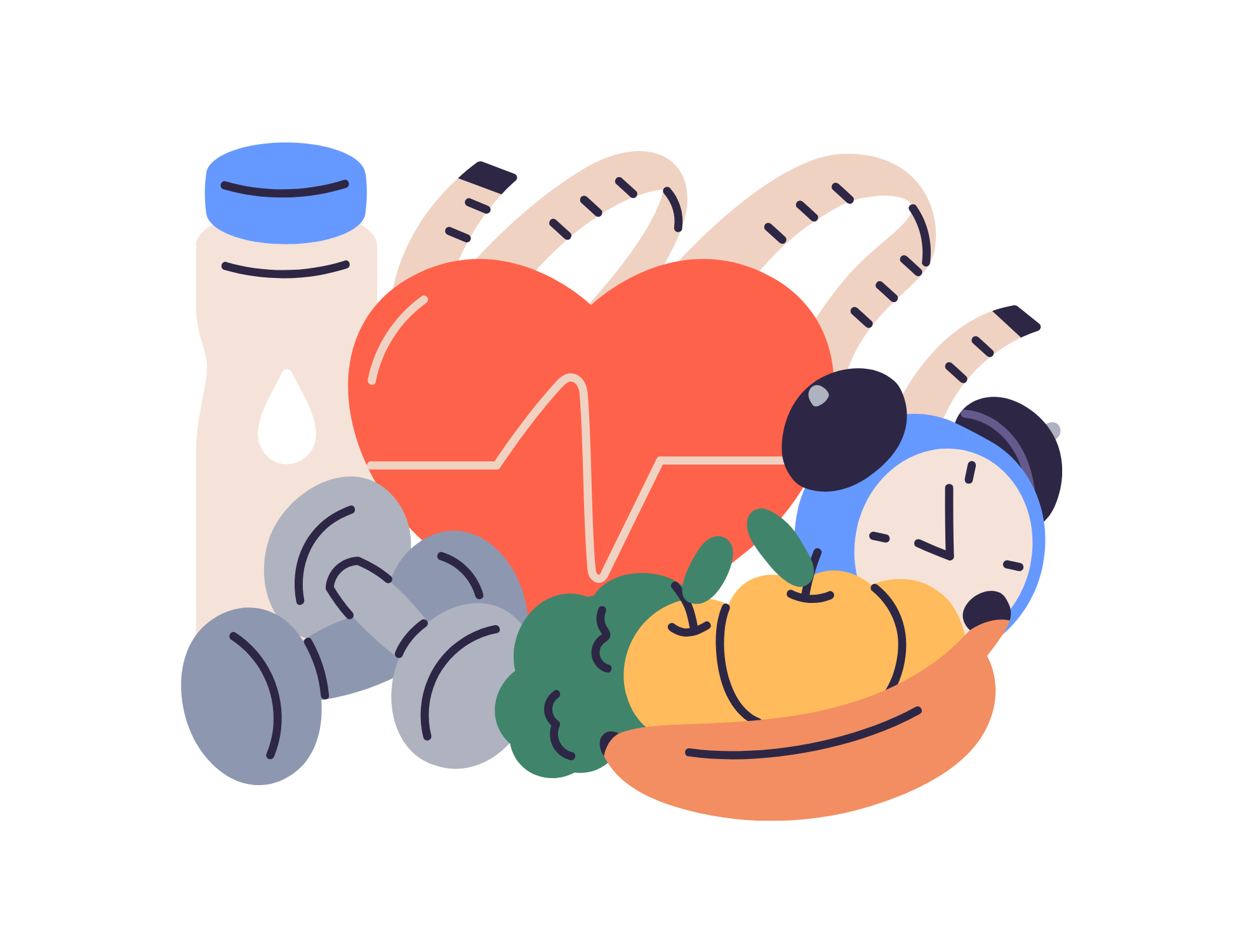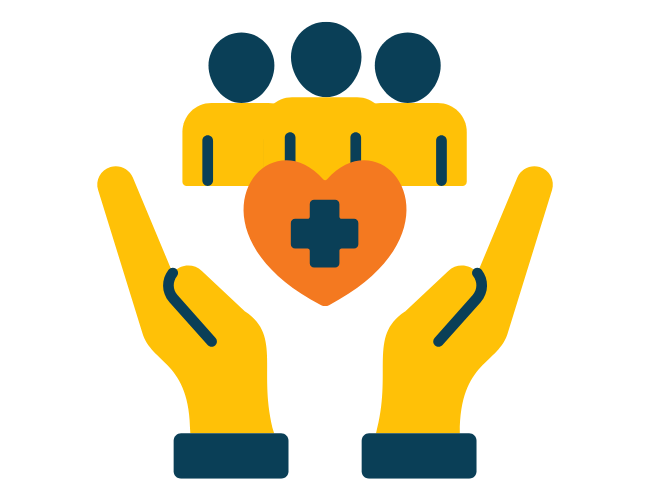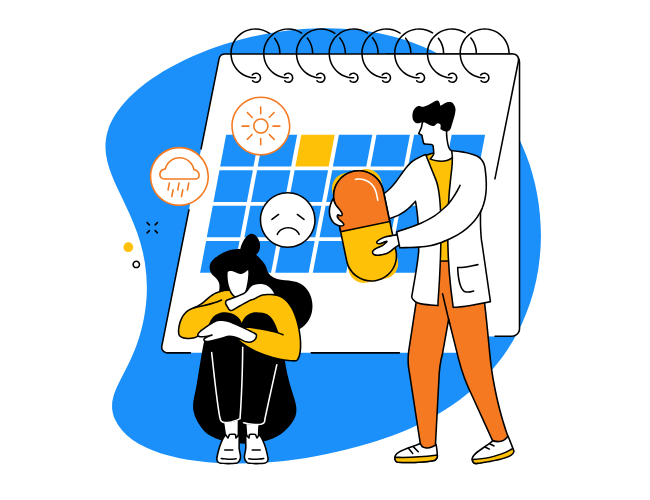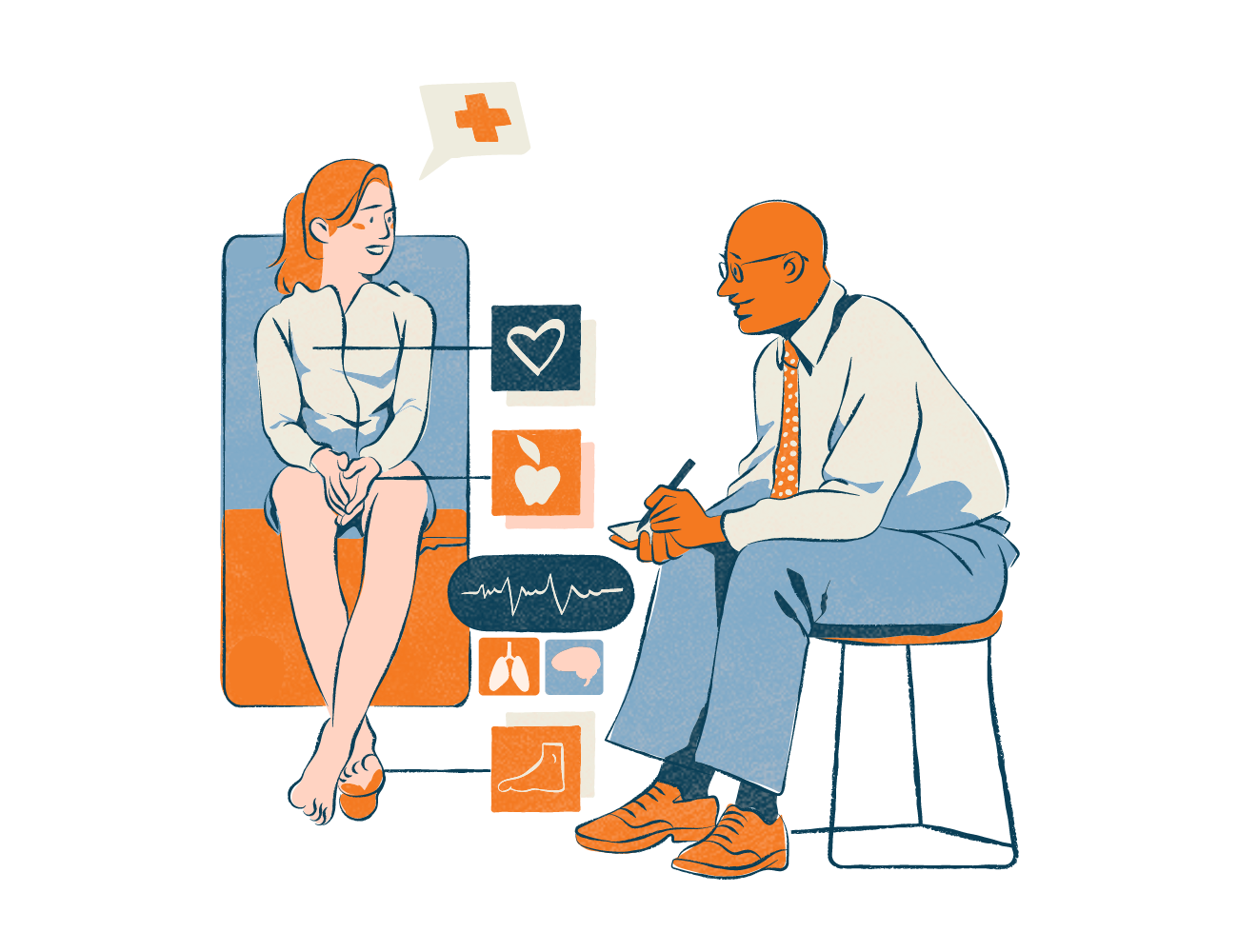 For those readers in the United States, tomorrow will be Thanksgiving, and to some, the official start of a month-long holiday season. The holiday began as a day of giving thanks for the blessing of the harvest and other blessings from the preceding year, but at the time, no one knew how beneficial gratitude is to overall health and well-being. If they did, Thanksgiving would be every day!
For those readers in the United States, tomorrow will be Thanksgiving, and to some, the official start of a month-long holiday season. The holiday began as a day of giving thanks for the blessing of the harvest and other blessings from the preceding year, but at the time, no one knew how beneficial gratitude is to overall health and well-being. If they did, Thanksgiving would be every day!
Here’s seven scientifically proven health benefits of gratitude to start incorporating it into your daily routine. As a bonus, there are five gratitude habits to practice and promote in the workplace at the end of this blog. For employers wanting to build a more holistic employee wellness program, try to include acts of gratitude into wellness challenges, such as rewarding employees for thanking colleagues or showing appreciation for what they have.
#1 Gratitude Produces Greater Happiness
In positive psychology research, gratitude is strongly and consistently associated with greater happiness, as it helps people feel more positive emotions. A study even showed that gratitude can even ease levels of depression. In the study, a portion of participants engaged in the “three good things” exercise, which, as the name suggests, prompts people to think of three good moments or things that happened that day. Those individuals that completed the exercise saw considerable improvements in depression and overall happiness, sometimes in as little as 4 weeks.
Gratitude also produces happiness that lasts. Many things, from a compliment to candy, provide instant gratification and short-lived happiness. Gratitude, however, creates a thankful mood, which creates a virtuous circle that allows one to increase the frequency and intensity of when they feel gratitude, which increases the happiness they generate from the feeling. Gratitude has also been linked to an increase in overall life satisfaction. Studies have found that expressing gratitude can help people to feel happier and more content with their lives in the long-term.
#2 Gratitude Improves Emotional Well-being
Being grateful helps people to focus on all the positive things in life, instead of the negative. This leads to improved emotional well-being as people are more likely to experience joy, love and peace. The ability to develop pleasant emotions, moods, thoughts, and sentiments, and adjust when faced with adversity and difficult conditions, is called emotional well-being. Gratitude is strongly and persistently connected with improved emotional well-being in positive psychology research. Gratitude assists people in feeling more pleasant emotions, appreciating wonderful experiences, improving their health, dealing with adversity, and developing greater connections.
#3 Gratitude Helps Physical Health
Numerous studies have been carried out to investigate the association between thankfulness and physical health factors such as heart health, stress and inflammation, pain perception, and rest. According to one study, keeping a gratitude journal improved diastolic blood pressure. Another study discovered that focusing on things to be grateful for each night before bed boosted pre-sleep tranquility. Another study discovered that keeping a thankfulness notebook for 14 days resulted in fewer headaches, cleaner skin, less stomach pain, and less congestion.
According to a 2012 study published in Personality and Individual Differences, grateful people experience fewer aches and pains and report feeling healthier than other people. Grateful people are also more likely to exercise and take care of their health, which is likely to contribute to further longevity. Studies have shown that cultivating an attitude of appreciation can lead to lower levels of stress hormones, improved immune function, and even a lower risk of heart disease.
#4 Gratitude Increases Sleep Quality And Quantity
A study published in the Journal of Psychosomatic Research found that feeling grateful helps people sleep better and longer because more positive thoughts will be in their heads when they go to bed, which may soothe the nervous system. The study of 400 participants, 40% of whom had sleep difficulties, discovered that gratitude significantly improved sleep quality. Having thankful thoughts before going to bed resulted in falling asleep faster and longer. Writing in a gratitude journal prior to going to bed will improve sleep, according to a 2011 study published in Applied Psychology: Health and Well-Being.
#5 Gratitude Supports Social Well-being and Relationships
Gratitude can improve existing relationships as well as forge new, healthy ones. According to a study in the Journal of Theoretical Social Psychology, partners that felt grateful toward each other can improve numerous aspects of their relationship, including feelings of connectedness and overall satisfaction as a couple. According to a 2014 study, showing appreciation can help win new friends because thanking a new acquaintance makes them more likely to seek an ongoing relationship. People who are grateful tend to be more generous with their time and attention towards others. This leads to better communication and stronger relationships overall.
#6 Gratitude Improves Productivity
People who practice gratitude are more likely to be productive and motivated in their work or studies. Studies have shown that gratitude is linked to a higher level of motivation, which allows people to achieve more in less time. Gratitude expressions are more than just feel-good gestures; they actively inspire and stimulate. In one work study, researchers examined two groups of university fundraisers. The director gave one group a particular pep talks and complimented them for their efforts. The complimented group made 50% more fundraising calls than the comparison group the next week. According to other studies, thankfulness strengthens attributes like self-control, patience, and truthfulness. All of these characteristics share the ability to forego short-term gain or gratification in favor of long-term goals, prompting one researcher to declare that “gratitude is the new willpower.”
#7 Gratitude Prevents Overeating
Gratitude replenishes willpower and improves patience by boosting impulse control, which can help an individual slow down and make better decisions. A study showed that grateful individuals were significantly less likely to take a small amount of money now in lieu of more money later. In other words, they showed much more patience than the control groups and were able to delay gratification. Also, the intensity of gratitude directly predicted levels of patience. The ability to demonstrate patience and impulse control will help manage cravings for a second slice of pumpkin pie this Thanksgiving!
Bonus: Gratitude Creates Better Managers
As an added benefit for employers, managers who remember to say “thank you” to people who work for them may find that those employees feel motivated to work harder. As mentioned above, the study from researchers at the University of Pennsylvania randomly divided university fund-raisers into two groups. One group made phone calls to solicit alumni donations in the same way they always had (control group), and the second group received a pep talk from a manager who told the fund-raisers she was grateful for their efforts. During the following week, the employees who heard her message of gratitude made 50% more fund-raising calls than those who did not.
Promoting Gratitude In The Workplace
Showing gratitude in the workplace is key to maintaining a positive attitude and fostering goodwill among employees. For employers looking to show appreciation in the workplace and build better employee relationships, try sharing these gratitude habits from the latest free, monthly Wellable DIY Toolkit:
